Games
Games
Games are where work, play, and art meet. Harvard experts are exploring how playing games can help people develop practical skills, make tough decisions, and connect with others.
It’s all fun and games
Harvard researchers explore the simple yet inexhaustible games that people around the world and across time have found a passion for.
Explore how a Harvard mathematician resolved a 150-year-old chess problem
The Wordle craze
Steven Pinker, a Harvard language expert, explores how the brain tries to make sense of those missing tiles in the popular word puzzle.
Art of chess
Harvard community members share what they love most about chess and why they believe it unites people of all ages and abilities.
Happy to be puzzled
For many, a crossword puzzle is a solitary pleasure, one that blots out the world for a time. But for staff member Gwen Urdang-Brown, crosswords have always been a family affair.
Get your game on
The world of video games has come a long way since the days of Pong. Learn how Harvard is exploring the many levels of this massive industry.
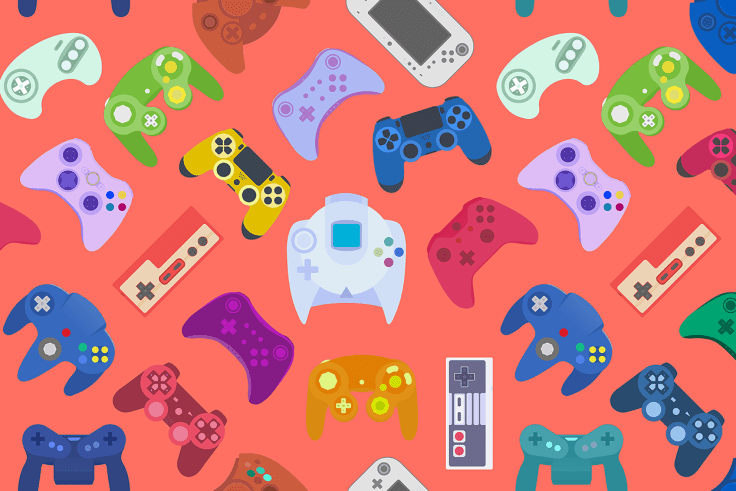
From joysticks to job options
Spending time gaming helps hone valuable skills that can be applied to the workplace, such as problem-solving, resilience, and teamwork.
From joysticks to job optionsWhat are Esports?
Esports attract millions of fans and lucrative sponsors, but can it find longevity in the constantly changing internet culture?
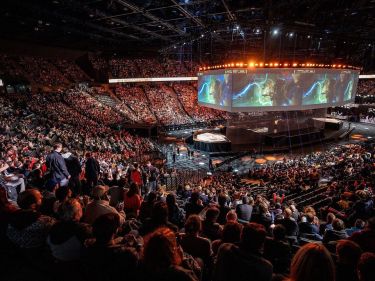
Meet "League of Legends" designer Mark Yetter
Read how the Harvard alum’s gaming journey helped him find his way in the industry.
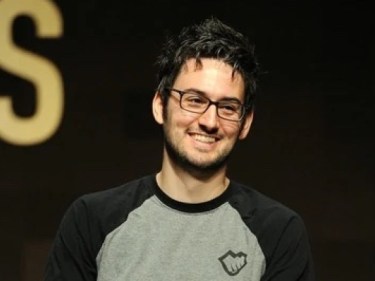
Have loot boxes turned video gaming into gambling?
The controversy continues as these microtransactions find their way into an increasing number of games.

A Harvard class explores narratives in video games
Students examine the relationship between analyzing and experiencing stories.
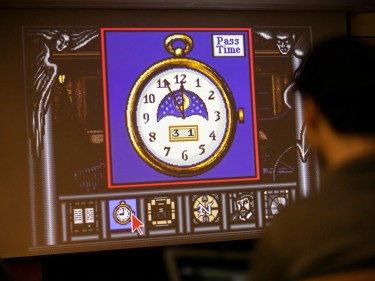
The art of play
In September 2023, gallery 2700 will be displaying game-related prints by the Mexican artist José Guadalupe Posada.
Games through the ages
Throughout the course of human civilization, societies have always found a way to have some fun.
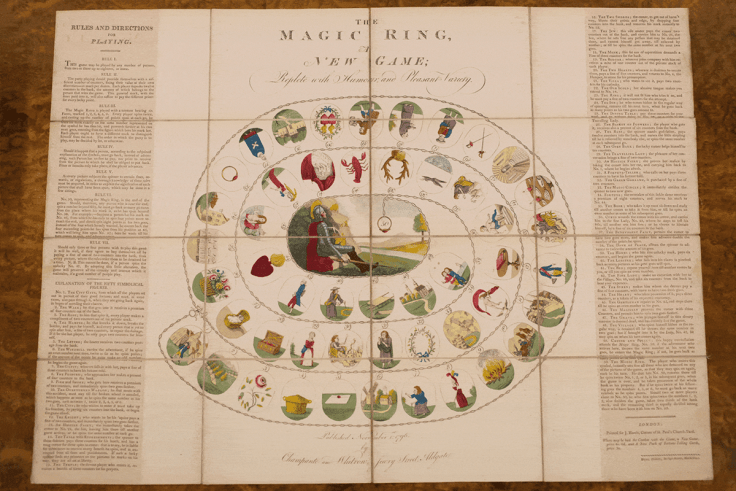
- Houghton Library
A history of games at Houghton
The enduring charm of tabletop games can be explored in a historical collection stored at Houghton Library.
A history of games at Houghton- Harvard Museum of the Ancient Near East
Game of 20 Squares
Learn how to play the game that was part of the museum’s “Houses of Ancient Israel” exhibit.
- Peabody Museum of Archeology & Ethnology
Mancala
Explore ancient boards and game sets from across the African continent.
- Center for the History of Medicine
Chess
Find a hand carved chess set from 1864 at Countway Library on Harvard’s Longwood campus.
- Tozzer Library
Indigenous games
The Indigenous Knowledge Collection highlights diverse Native voices within academic texts, as well as diverse materials, such as board games.
Brain boosters
Gamification—using game design techniques to increase engagement and productivity—is being utilized for everything from learning languages to preserving history.
Learn more from the The Derek Bok Center for Teaching and Learning
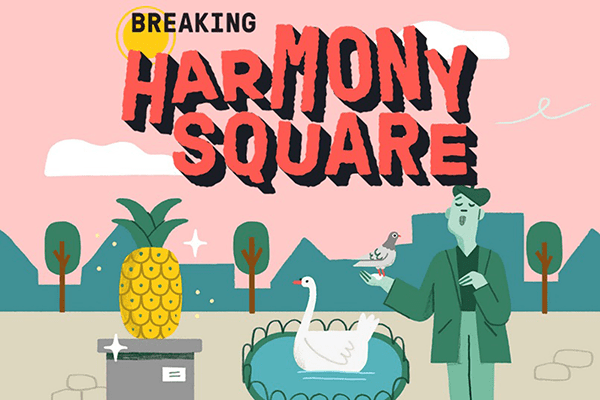
A game to sharpen your truth detector
Research from Harvard Kennedy School’s Misinformation Review shows that playing this 10-minute browser game enhances people’s ability to spot and resist political misinformation.
Cognitive development
Babies and children use games and play to understand the world, form neural connections, and create bonds with their parents and friends.
Early games build bonds and brain connections
Foster your child’s development with age-specific games for a bright and capable future.
Unlock the power of resonant video games
Research shows that children engage, learn, and reflect through curiosity-driven learning experiences.
Fun strategies for social-emotional learning
Simple games, played intentionally, can make for powerful moments of social-emotional learning.
Revitalize the classroom with playful learning
Encourage experimentation, imagination, and creativity for students of all ages.
The Brain Architects
How can play help kids cope with challenges and stress from an early age?
Why educators need to teach play
Funded by LEGO, Project Zero offers valuable insights and free PDF books on fostering playful learning in schools.
You may also like



